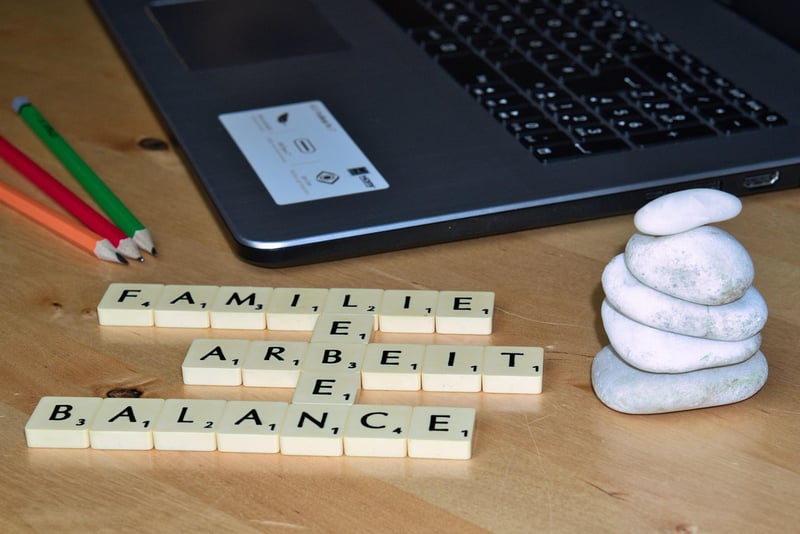Stress Management
#Health & Wellbeing
#Lifestyle Balance
#Self-Care
Achieving Work-Life Balance and Effective Stress Management
Introduction
In today's fast-paced world, finding a balance between work and personal life while effectively managing stress has become increasingly important. Striking a harmony between professional responsibilities and personal well-being is essential for overall happiness and productivity.
Tips for Achieving Work-Life Balance:
- Set Boundaries: Establish clear boundaries between work hours and personal time to avoid burnout.
- Plan and Prioritize: Create a schedule that allows time for work, family, friends, hobbies, and self-care.
- Unplug: Disconnect from work emails and calls during non-work hours to focus on personal life.
- Delegate: Learn to delegate tasks at work and home to reduce overwhelm and stress.
- Practice Mindfulness: Stay present in the moment to reduce stress and increase overall well-being.
Effective Stress Management Techniques:
- Exercise Regularly: Physical activity helps release endorphins and reduces stress levels.
- Practice Relaxation Techniques: Techniques like deep breathing, meditation, and yoga can help relax the mind and body.
- Get Adequate Sleep: Prioritize quality sleep to improve mood, cognitive function, and stress resilience.
- Seek Support: Talk to friends, family, or a professional counselor for emotional support and guidance.
- Engage in Hobbies: Pursuing hobbies and interests outside of work can provide a sense of fulfillment and relaxation.
Conclusion
By implementing these strategies for achieving work-life balance and effective stress management, individuals can lead more fulfilling and healthier lives. Remember, taking care of yourself is not selfish but essential for long-term well-being.


